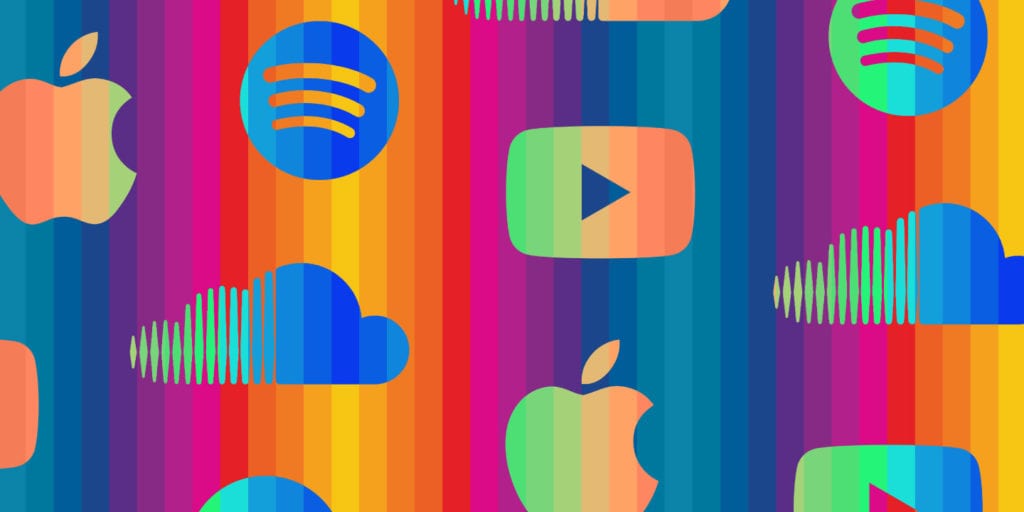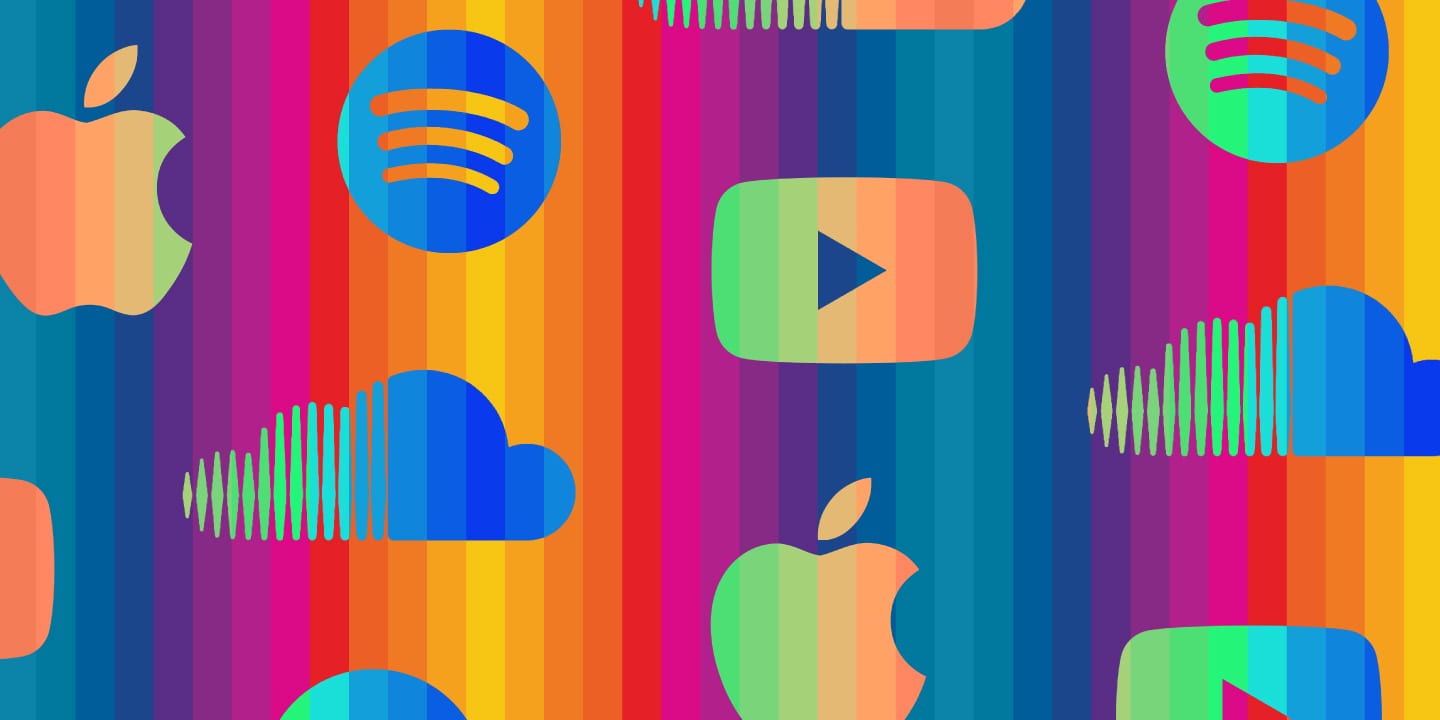
Music has the potential to have a variety of effects on the way you think, view yourself, and view the world around you. Brains possess different neural paths to different aspects of music including melody, pitch, tempo, and rhythm.The different pathways in our brains are linked to different physiological arousals that have direct impacts on an individual’s physical health. An example of this is that faster music increases an individual’s blood pressure, breathing, and heart rate. Keeping these facts in mind, the effects of the type of music one listens to can be narrowed down to show indications of how it can affect one’s mental and physical health.
Positive Effects
Beginning with softer music, recent research indicates that music can lighten the mood, and help individuals understand their own thoughts and emotions better. It also and generate specific feelings which indicates that music plays an essential role in finding self-awareness and in the formation of one’s identity and self-perception. This shows that softer genres of music, which include slower melodies, rhythms, and tempos, have a better effect on the human mind because of the self awareness the genre influences. Self awareness is important in an individual because it reaches further than everyday mental health and well-being. It includes important impact on regular day-to-day functioning activities, includes more positive effects on performance, and encourages mindfulness in every task. Mental health is scaled at the same level of importance as physical health, the health assets of should be an aspect each individual pays attention to.
Music is found to have the following effects to our overall well-being:
- Improves mood.
- Reduces stress. Stress relieving music are those with slow tempo and no lyrics. Think lullabies.
- Lessens anxiety.
- Improves memory.
- Eases pain.
- Provides comfort.
- Improves memory and recall.
Negative Effects
Music also negatively affects health, especially mental health stigma and the way one processes different aspects of the world. Specific genres can alter the way an individual thinks about a wide array of topics. An example from Elon University’s research in an article about the rap genre states that their surveys “indicated a positive correlation between misogynous thinking and song lyrics. The study then highlights that the people who listen to music with misogynist lyrics promoting unhealthy sexual aggression and violent relationships. These points show that this type of lyrics in music has the potential to produce high life-altering changes in a person’s head space. It can affect the relationships one has with the females in their lives and may create unhealthy mechanisms for forming future relationships and having general interactions. In the worst case scenario, if the person becomes violent, it may get them in trouble with the law.
Conclusion: fast or slow music?
Although there are both negative and positive aspects to music, music also helps create positive bonds and a sense of community among people. In one research the Effects of Sad and Happy Music, the importance of music is shown at the evolutionary level. It is highlighted that music has been around for thousands of years “as a means for establishing and regulating social cohesion and communication”. Listening to or singing music in a group has proven “to directly impact neurochemicals in the brain, many of which play a role in closeness and connection. It was found that performing music through singing, drumming, and dancing resulted in higher pain thresholds of the participants. In addition, the participants also concluded they felt more positive emotions. These two studies indicate that listening to whichever genre of music in a group, regardless if it is fast or slow, can result in better relationships with those around you. This is evident in music festivals where a large group comes together to celebrate music. The sense of community is endearing. It can also be seen at public places like bars during karaoke nights when everyone comes together singing the same songs.
As research shows, music strongly affects what kind of mood we may be in, but if we are falling into the habit of picking a certain type of music that can influence the way we relate to other people, then these habits of music selection needs a second thought. Music lessons might be the right thing for you.
